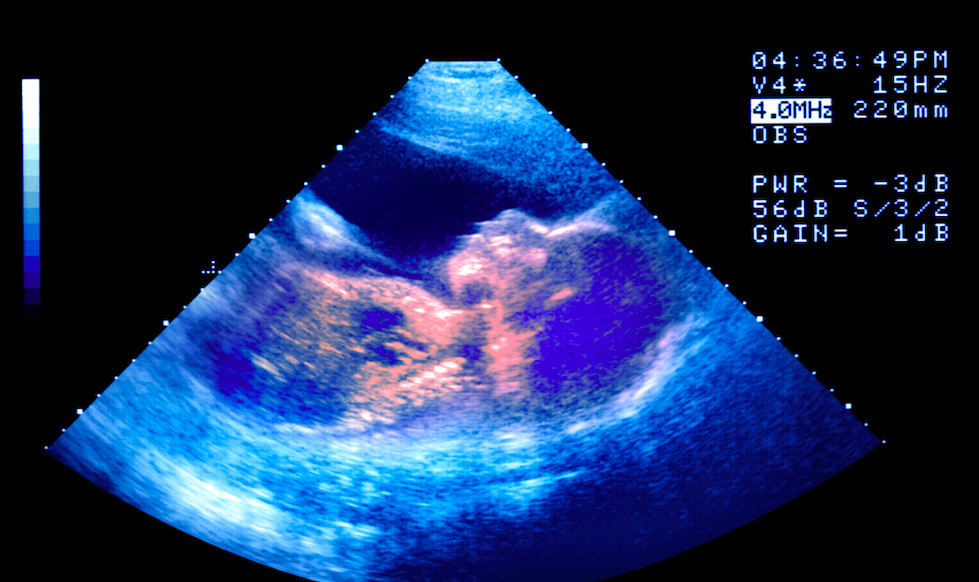Shaping the brain: Before, during and after birth

Professor Tracy Bale looks at the role that stress and trauma play across generations and how our life experiences can be transmitted biologically, creating our unique brains
Published 17 March 2020
“I challenge you, nothing is more fascinating, nothing is more puzzling than our brain,” says Professor Tracy Bale from the University of Maryland and Baltimore, USA and the Director of the Centre for Epigenetic Research in Child Health and Brain Development.
Professor Bale studies epigenetics – biochemical marks on our DNA.
“It doesn’t change the DNA sequence, we still inherit that from mum and dad. It is the environment’s way of allowing specific genes to be expressed or not expressed during given times or in specific tissues.”
Epigenetics can have an intergenerational and even potentially a trans-generational effect on how offspring may develop, she says.
“This is based on different environmental exposures – Mum was obese, Dad was stressed – or enrichment such as your parents may have read to you more or less.
“Our brain continues to respond to its environment. So all of these factors together determine exactly how we function in our risk and our resilience.”
Professor Bale notes that ADHD (Attention deficit hyperactivity disorder) may in evolutionary terms reflect a need for vigilance.
“It may have been advantageous if you’re out somewhere and there’s more lions, so you need to be vigilant. So the right environment has you watching what’s going on outside the window instead of listening to a teacher in a classroom.”
“So from an evolutionary biology point of view, we need all types in the tribe because it’s survival.”
Episode recorded: February 12, 2020.
Interviewer: Dr Andi Horvath.
Producer, editor and audio engineer: Chris Hatzis.
Co-production: Silvi Vann-Wall and Dr Andi Horvath.
Banner: Getty Images
Subscribe to Eavesdrop on Experts through iTunes.

